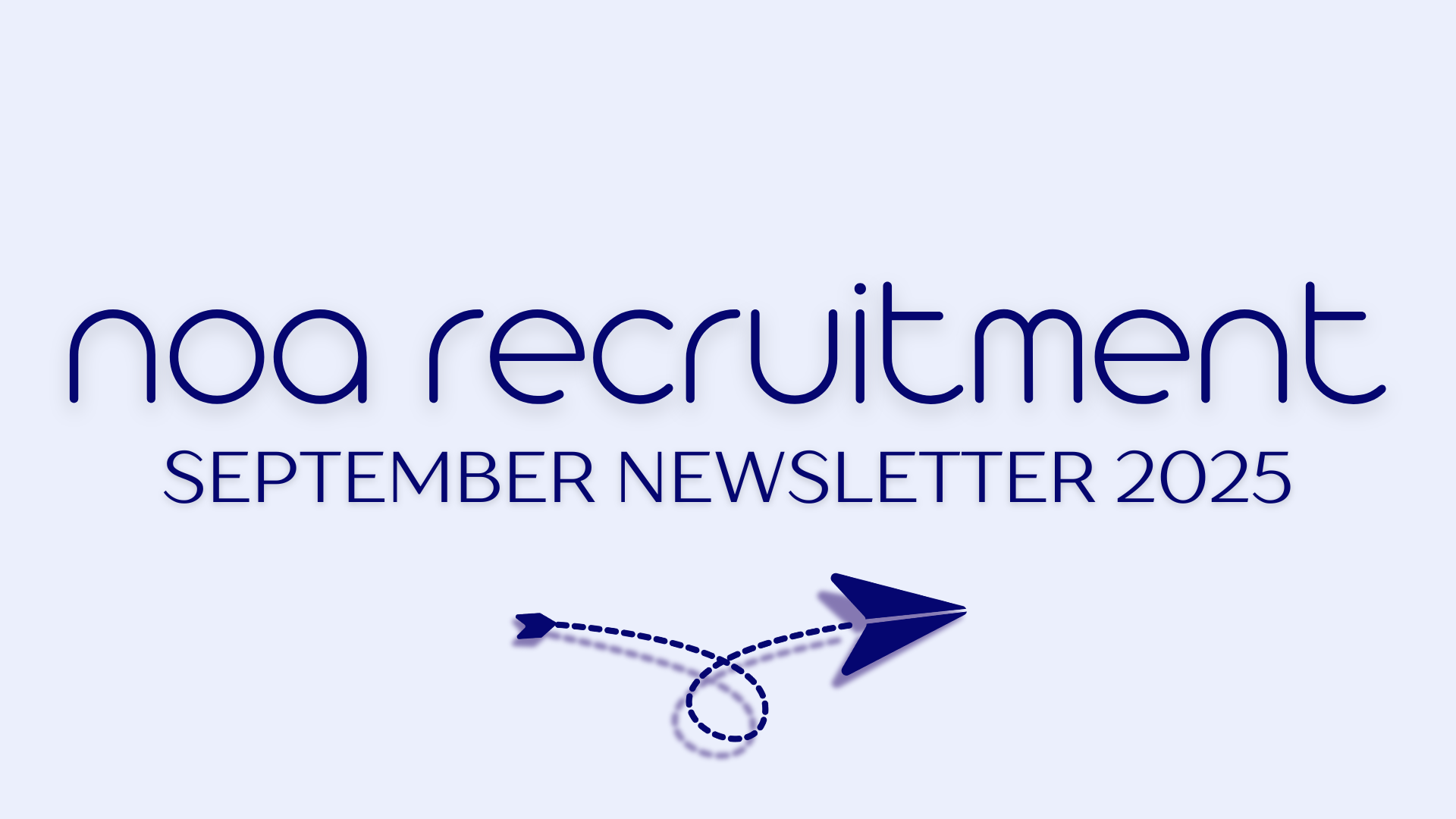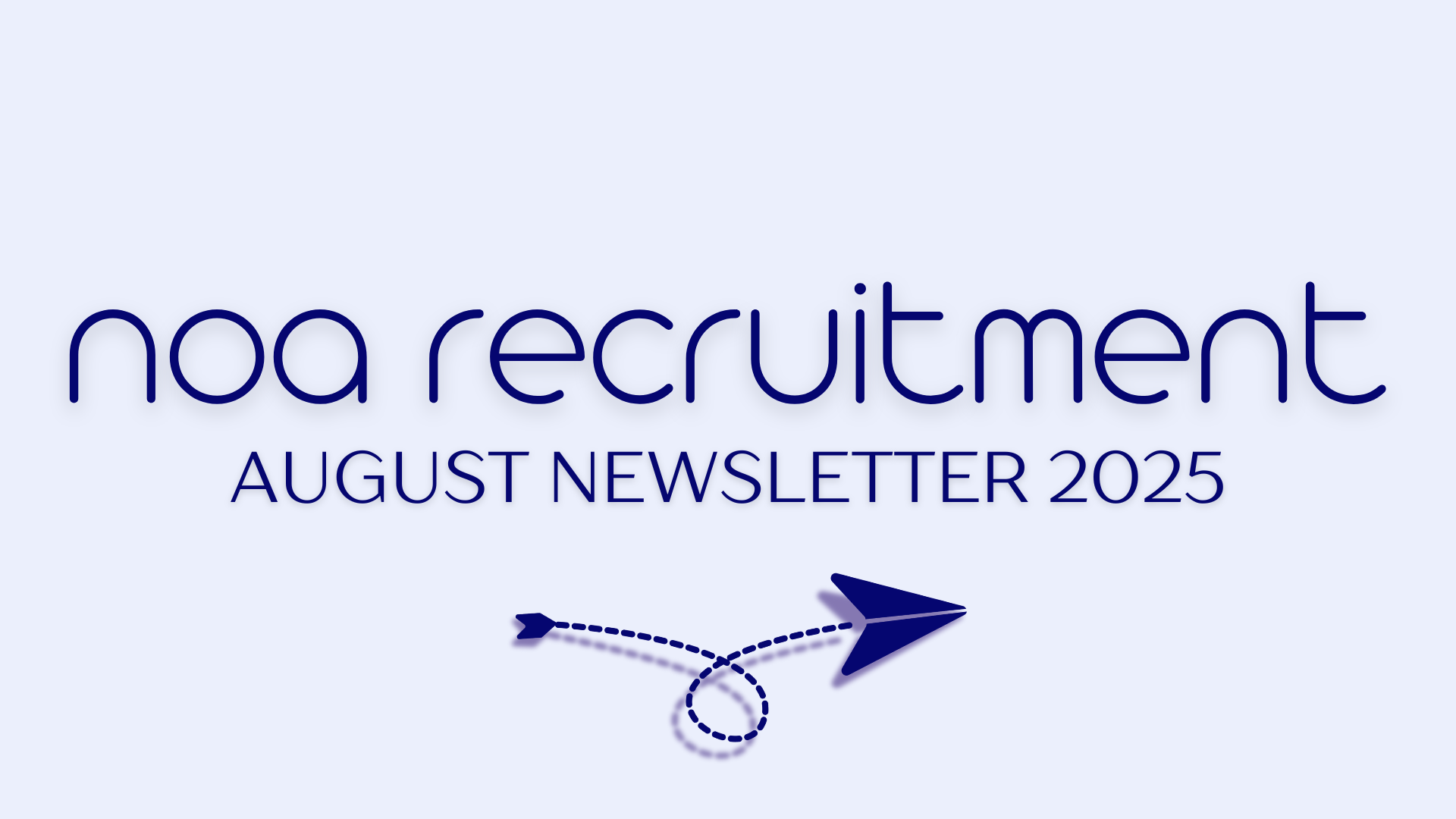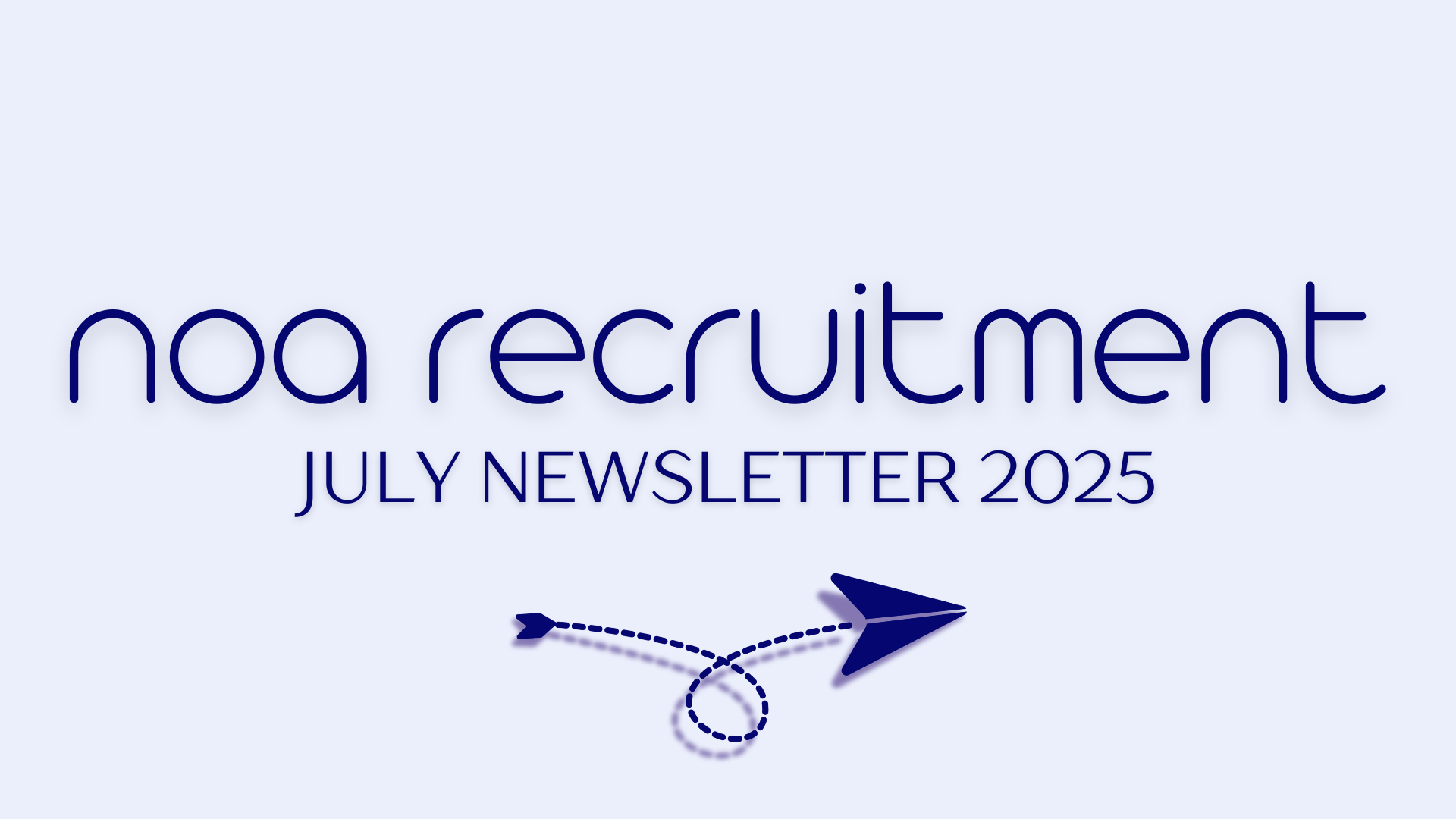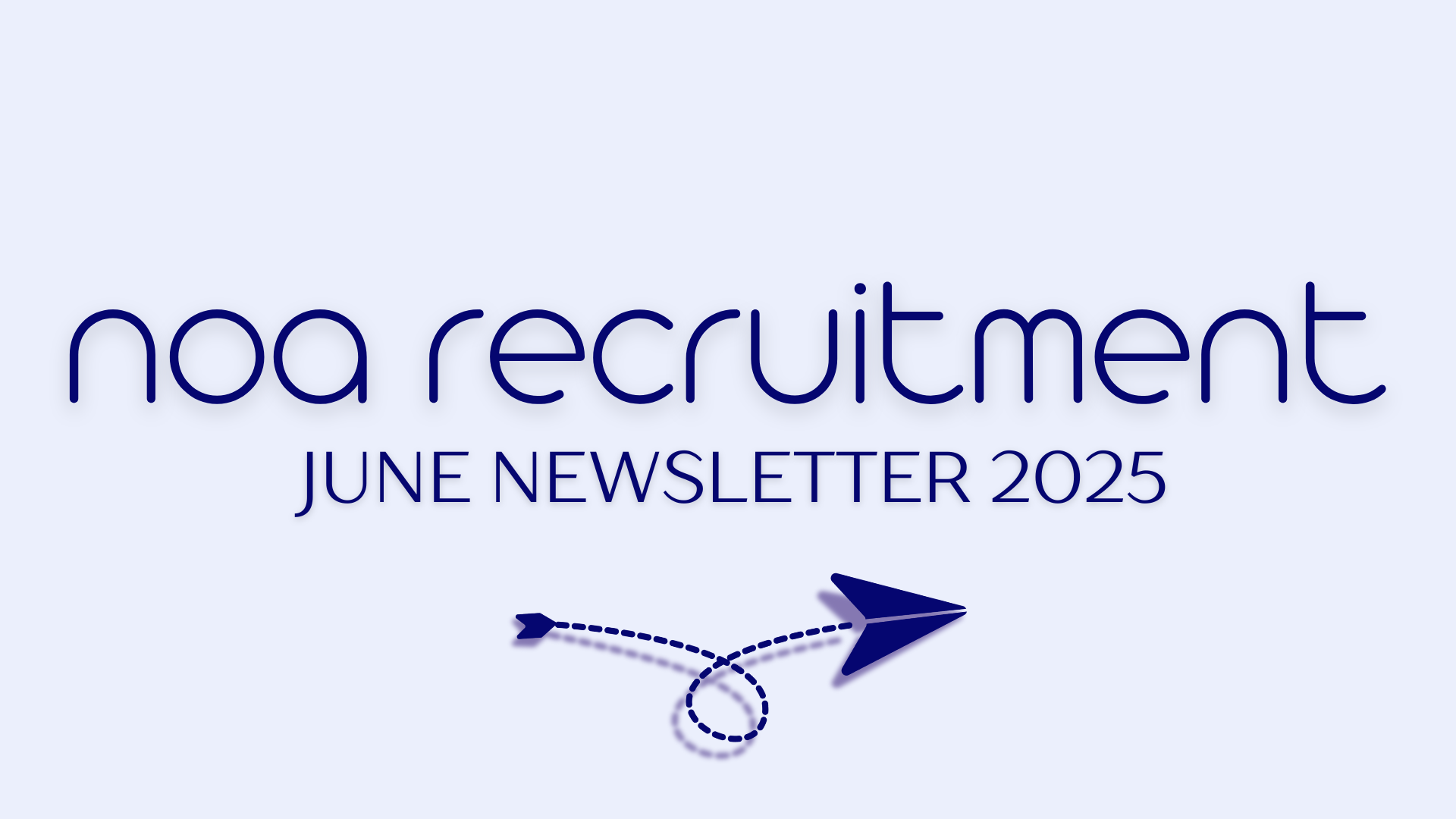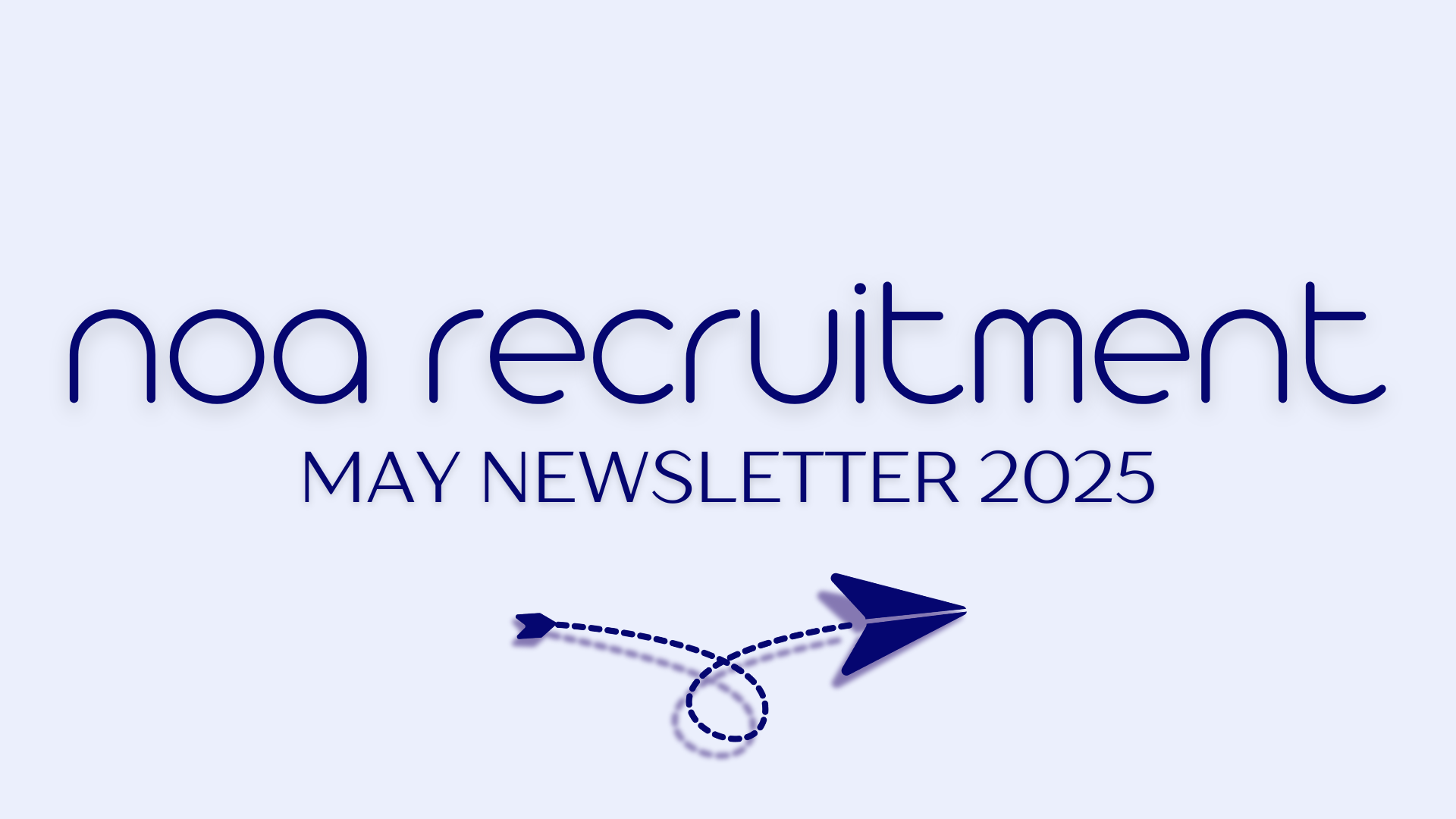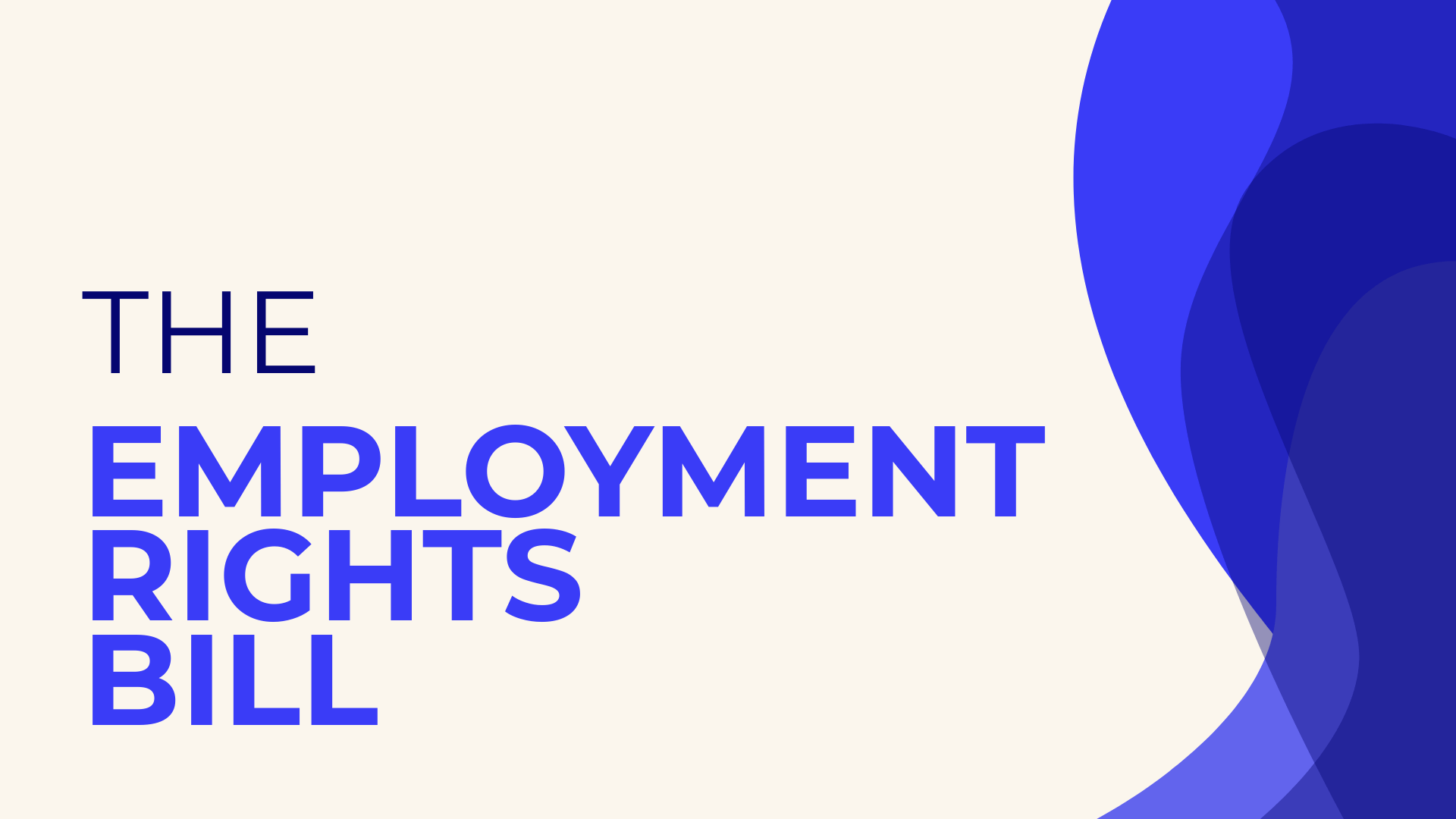.NET Developer Interview: Ace It With These Tips

Neil Harvey
A .NET developer role – it’s a significant career move in the software development world. If you’re gearing up for a .NET developer interview, you’re in the right place. In this blog, we’ll delve into the strategies and tips you need to excel in your .NET developer interview and secure that dream job.

Master the Fundamentals
Start with a solid grasp of .NET basics. Be ready to explain .NET Framework and .NET Core, as well as the differences between the two. Demonstrating your deep understanding of the framework is a must to do well at you .NET developer interview.
C# Proficiency
.NET development heavily relies on the C# programming language. Ensure you’re well-versed in C# syntax, data types, and language features. Expect questions related to C# in your interview.
ASP.NET Expertise
Familiarize yourself with ASP.NET, an essential part of .NET development. Be ready to discuss your experience with ASP.NET, including Web Forms, MVC, and Web API.
Entity Framework Knowledge
Entity Framework is a popular tool for database access in .NET applications. Understand how to work with Entity Framework, including creating models, performing CRUD operations, and optimizing database queries.
ASP.NET Core Mastery
ASP.NET Core is the modern and cross-platform version of ASP.NET. Make sure you’re comfortable with ASP.NET Core, as it’s increasingly important for .NET development.
Azure and Cloud Services
Microsoft Azure offers cloud services for .NET developers. Familiarize yourself with Azure and its services, as cloud development is becoming more prevalent in the .NET world.
Version Control and CI/CD
Proficiency in version control systems like Git and knowledge of continuous integration and continuous deployment (CI/CD) practices are vital. Discuss how you’ve used these tools in your projects.
Design Patterns and Best Practices
Understand common design patterns and best practices for .NET development. Discuss how you’ve implemented these principles in your code.
Security Awareness
Be prepared to answer questions about security best practices in .NET development. Demonstrating your knowledge of how to secure applications is crucial.
Mock Interviews
Practice with mock interviews to simulate the actual interview experience and receive feedback on your responses and presentation.
Ask Insightful Questions
Prepare thoughtful questions for the interviewer about the company’s tech stack, software development methodologies, and the specific .NET projects you’ll be contributing to. This demonstrates your genuine interest and engagement.
With these strategies and skills under your belt, you’ll be well-prepared to shine in your .NET developer interview and secure that sought-after .NET development role. Good luck!
For .NET developer (and more!) roles visit our Jobs page and for more articles, visit our Latest News page!
Related News
View all newsFind a Job
Our staff have one mission: to deliver an amazing experience to the candidates that we work with.
Hire Talent
Whether you need to hire your first Machine Learning engineer, scale your DevOps team or hire a Director of Software Engineering, we have got you covered.
About us
Noa are here to help our customers find and hire Simply Great People. It really is that simple.


